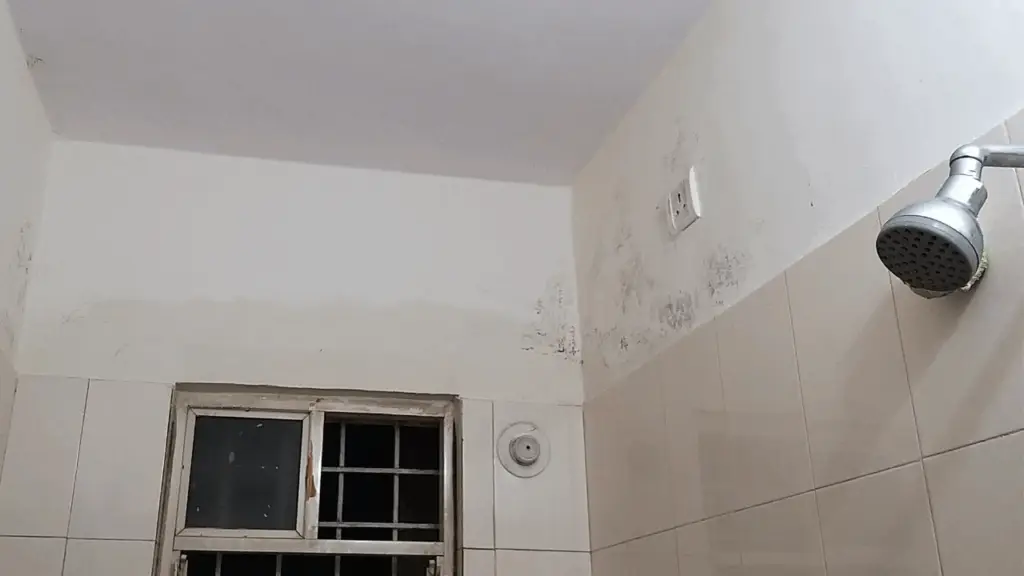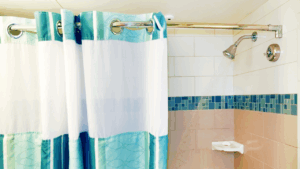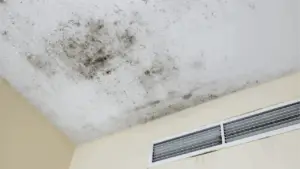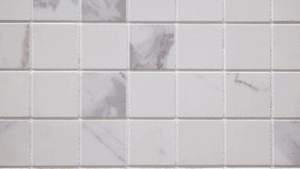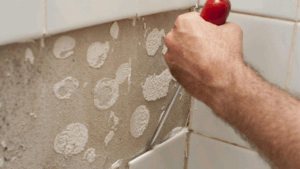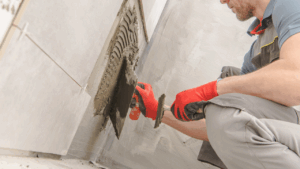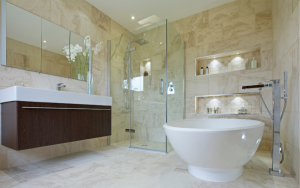What Happens When I Skip Shower Wall Waterproofing?
Skipping proper shower wall waterproofing opens the floodgates—literally. Your tiles and grout are only surface-level protectors; without a dedicated waterproof barrier, water seeps deep into your walls.
Tile and Grout Can’t Do It Alone
It’s a common misconception: “My tiles are sealed, so I’m good.” But the truth is, neither tile nor grout is fully waterproof.
Grout is porous and absorbs water
Water can sneak in through cracks and corners
Common Waterproofing Mistakes I Might Be Making
Even DIY jobs with good intentions often fall short due to:
Skipping a waterproof membrane behind the tile
Not sealing shower corners and seams correctly
Using standard drywall instead of cement board
Problem #1: Mold and Mildew Take Over
One of the first signs of poor shower wall waterproofing? Mold.
Health Hazards from Hidden Mold
When water sits behind tiles, it becomes a breeding ground for black mold.
Respiratory problems, allergies, and even infections
Mold often spreads silently through the walls before it’s ever seen
Problem #2: My Tiles Start to Crack and Pop
Water doesn’t just feed mold—it destroys the bond that holds your tiles.
Signs of Water Damage Under Tiles
If you’ve noticed these symptoms, it’s time to worry:
Tiles feel soft, hollow, or shift under pressure
Discoloration, especially near corners or lower tiles
Cracking or popping sounds as tiles come loose
Problem #3: Structural Damage Behind the Wall
This is where things get expensive—rot, rust, and decay beneath the surface.
Repair Costs Skyrocket Fast
Water eats away at wood framing and metal studs.
Small leaks can lead to replacing entire wall sections
Labor and material costs escalate quickly
Home insurance might deny your claim if the damage was due to improper waterproofing
How Can I Check if My Shower Wall Is Leaking?
Wondering if water is hiding behind your tiles? Here’s how to find out before it’s too late.
DIY Moisture Detection Tips
You don’t need to rip out the wall to detect leaks:
Use a moisture meter to scan walls for elevated levels
Check for peeling paint, soft drywall, or persistent musty smells
Shine a flashlight along the tile to spot warping or movement
Can I Waterproof My Shower Wall Myself?
Yes, but it’s tricky—and failure is costly.
Materials and Methods I’d Need
Cement board instead of drywall
Waterproof membrane like RedGard or Schluter
Proper sealing tape for seams and corners
Patience and precision: one missed spot can ruin the job
Why Hiring a Pro Is Safer and Smarter
A professional waterproofing job might not be cheap—but it’s cheaper than repairing the damage from a bad one.
Long-Term Savings with Expert Help
Pros use the right materials and methods every time
Their work often comes with warranties
You won’t be guessing if your shower is really protected
Testimonials
“I’m blown away by the results! My shower looks amazing and I finally stopped smelling that weird odor.” — Alex G., Miami, FL
“They made everything so easy. No more leaks, no more stress. Totally worth it!” — Taylor M., Austin, TX
“I can’t stop telling everyone about this! They caught things I didn’t even know were wrong.” — Jamie P., Seattle, WA
Did You Know?
Mold from behind your shower walls can travel through your HVAC system—spreading spores into every room of your home!
TL;DR Summary
Poor shower wall waterproofing leads to mold, tile failure, and structural damage
Tiles and grout are not waterproof on their own
Detect hidden moisture using meters or visual cues
DIY waterproofing is risky without the right materials and skills
Hiring a pro saves time, money, and future headaches
FAQs
1. How can I tell if water is leaking behind my shower wall?
Look for signs like musty smells, loose tiles, or wet drywall. A moisture meter can help confirm hidden leaks.
2. Can I just recaulk to fix shower leaks?
Recaulking helps with surface gaps but won’t stop water that’s already seeping through deeper wall layers.
3. What materials are best for waterproofing shower walls?
Cement board, liquid waterproofing membranes, sealing tape, and waterproof tile backers are the gold standard.
4. How much does professional shower waterproofing cost?
Costs vary, but you can expect anywhere from $500 to $2,500 depending on shower size and damage level.
5. Will insurance cover water damage from poor waterproofing?
Often, no. Insurance typically denies claims if damage is from improper installation or maintenance neglect.


